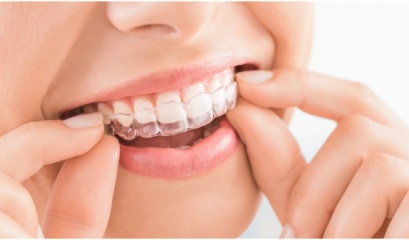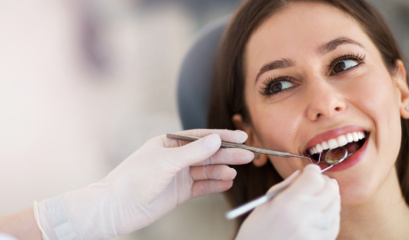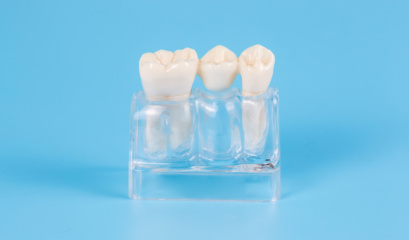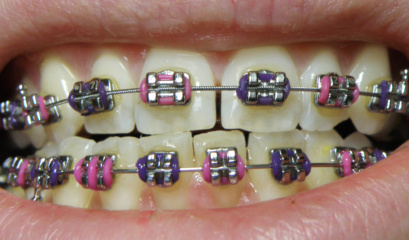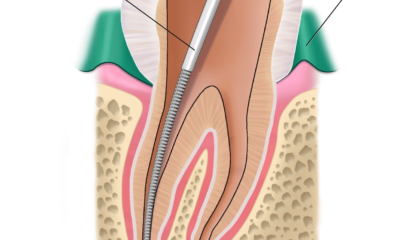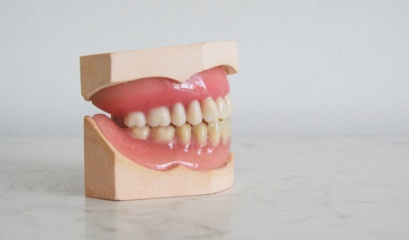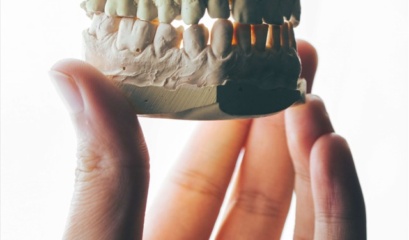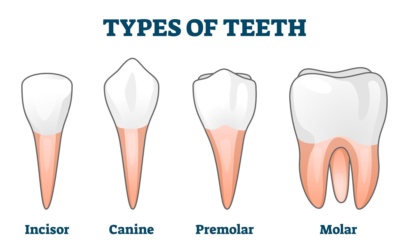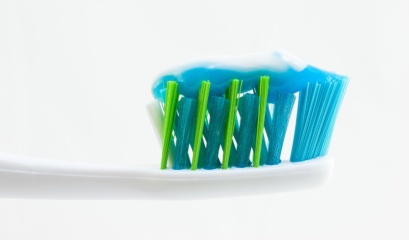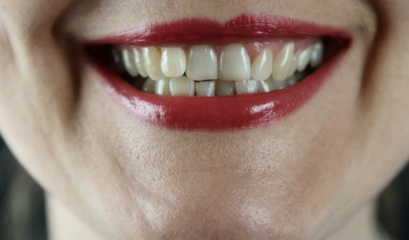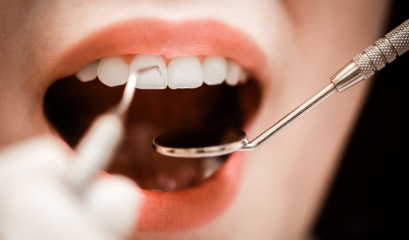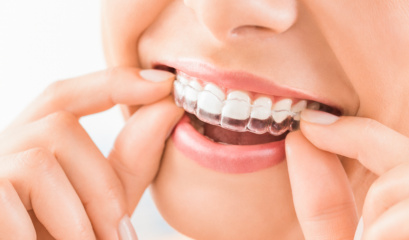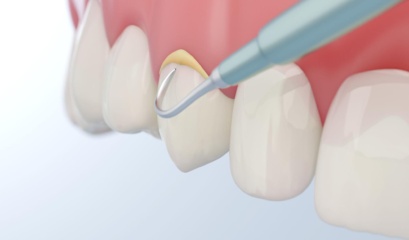Maintaining your oral health is extremely important. From young children through to adults, good dental hygiene ensures our long-term health and well-being. It also positively impacts us in terms of aesthetics, which in turn, can affect our level of self-confidence. Here, we take you through four common dental problems and the best ways to treat them.
Bad Breath
Bad breath, also called halitosis, is a common condition which can be embarrassing and have a negative effect on your self-esteem and confidence. Bad breath can be caused by many common dental problems, from gum disease and cavities to oral cancer, dry mouth and bacteria on the tongue.
There are several remedies you can try to freshen bad breath at home. These include:
- Brushing your teeth and tongue after you eat
- Flossing at least once a day
- Avoiding dry mouth (drink plenty of water)
- Avoiding foods such as garlic and onions
- Changing your toothbrush regularly
- Visiting your dentist twice a year
Important to know; while many people will use mouthwash or chewing gum to cover up bad breath, if there’s a dental issue it will only mask the odour and not cure it.
If you suffer from chronic bad breath and you’re unable to get rid of it, we recommend you visit your dentist who can determine if there’s a more serious dental problem and treat it.
Gum Disease
There are two major stages of gum disease: gingivitis and periodontitis. While gum disease often doesn’t elicit any pain and can go undetected for long periods, if you’re experiencing bleeding gums or halitosis, this may be an indication that it’s present.
If diagnosed early, gum disease is a treatable condition. However, if it progresses, the chronic inflammation in the gums can cause the breakdown of tooth support structures, leading to loose teeth.
Good oral hygiene practices and early detection are both key to this common dental problem. Brushing your teeth twice a day, flossing daily and visiting your dentist regularly are all important elements in the prevention of gum disease.
Dental Caries (Cavities)
Dental caries or tooth decay is a very common dental problem which is both preventable and treatable. Tooth decay occurs when plaque, the sticky substance that forms on teeth, mixes with the sugars and/or starches of the food we eat. This combination produces acids that attack tooth enamel.
While early stages of decay do not cause pain, teeth can become sensitive as the decay progresses deeper into the tooth. If left untreated for a long period, decay affects the nerve of the tooth leading to toothache and possible infection. Treatments for dental caries range from fillings through to root canal therapy.
The best way to prevent tooth decay is by brushing twice a day, flossing daily, and going to your regular dental checkups. Eating healthy foods and avoiding snacks and drinks that are high in sugar are also ways to prevent decay.
Tooth Sensitivity
Tooth sensitivity is a common dental problem that affects millions of people. Symptoms include pain or discomfort when your teeth are exposed to sweets, cold air, cold drinks, hot drinks or ice cream. Some people with sensitive teeth even experience discomfort from brushing and flossing.
There are many causes of tooth sensitivity. It can happen when the roots of the teeth are exposed due to receding gums. Other times, it can be caused by any kind of trauma that damages the gums. It may also indicate a cavity or early signs of nerve inflammation.
The good news is that sensitive teeth can be treated using sensitive toothpastes and fluoride varnishes. A regular dental check-up will also ensure the source of the sensitivity is correctly diagnosed.

